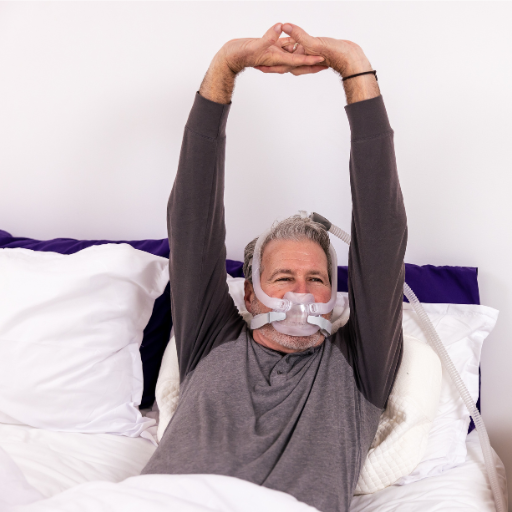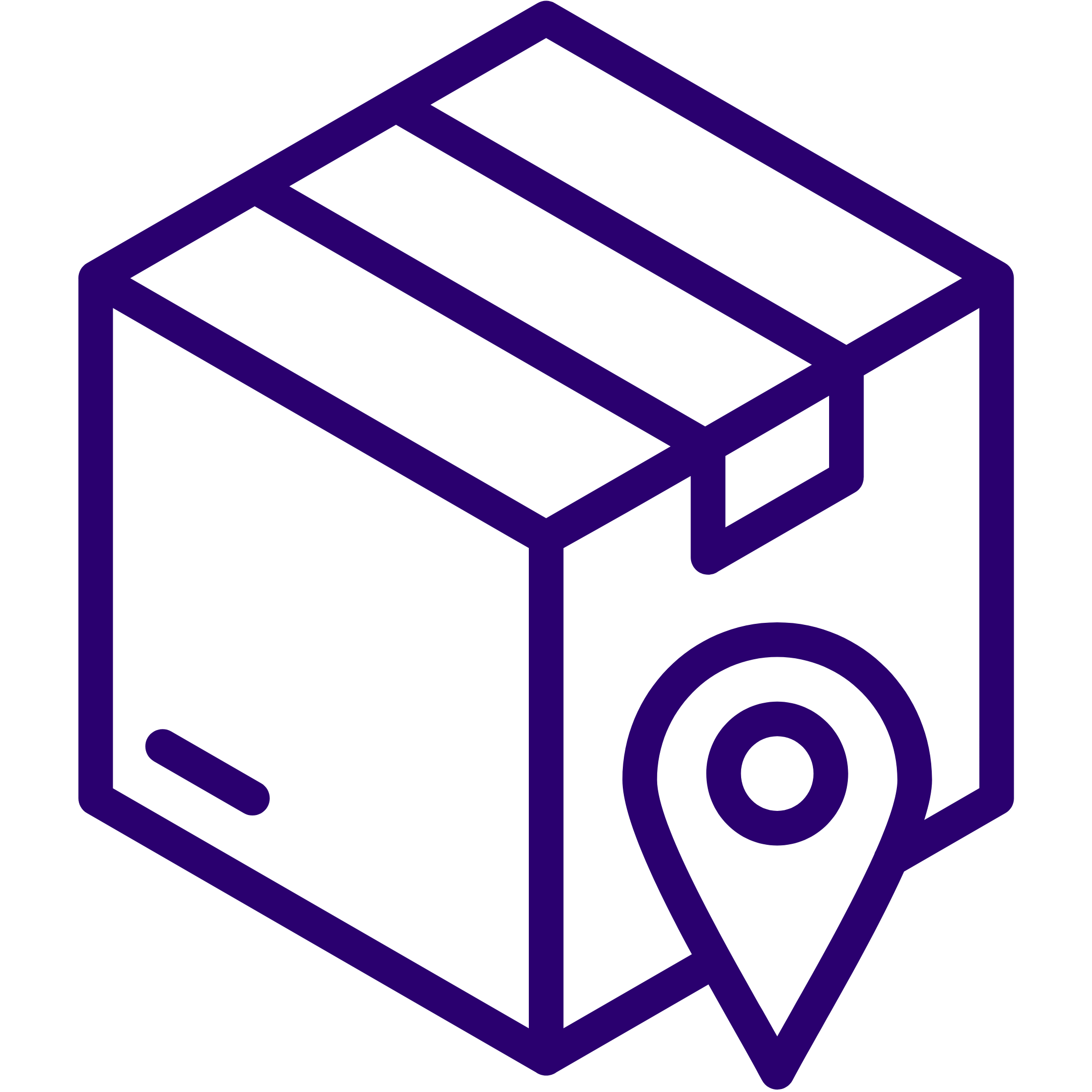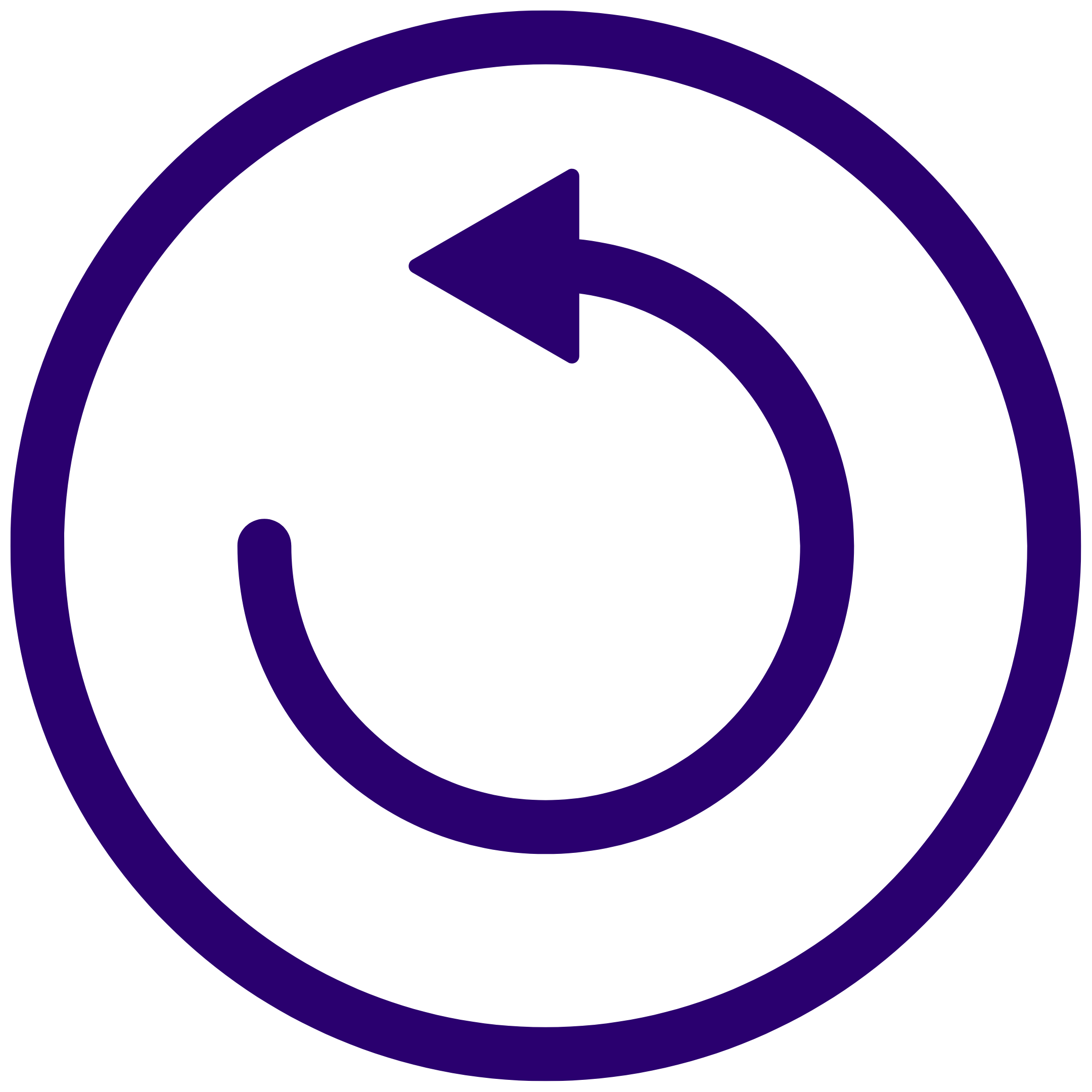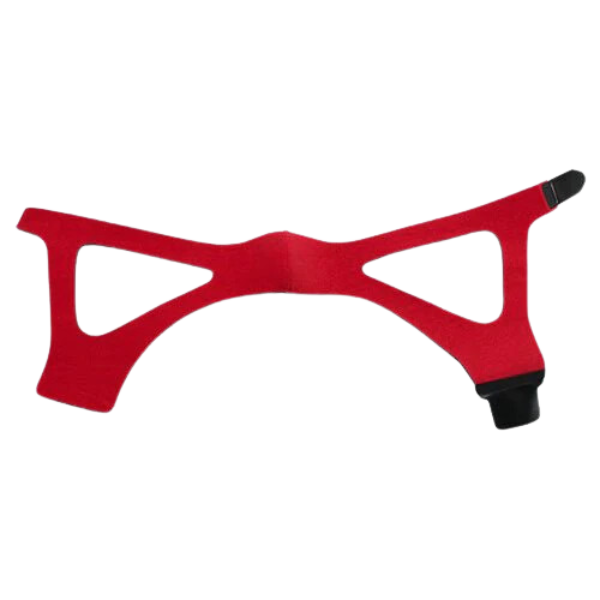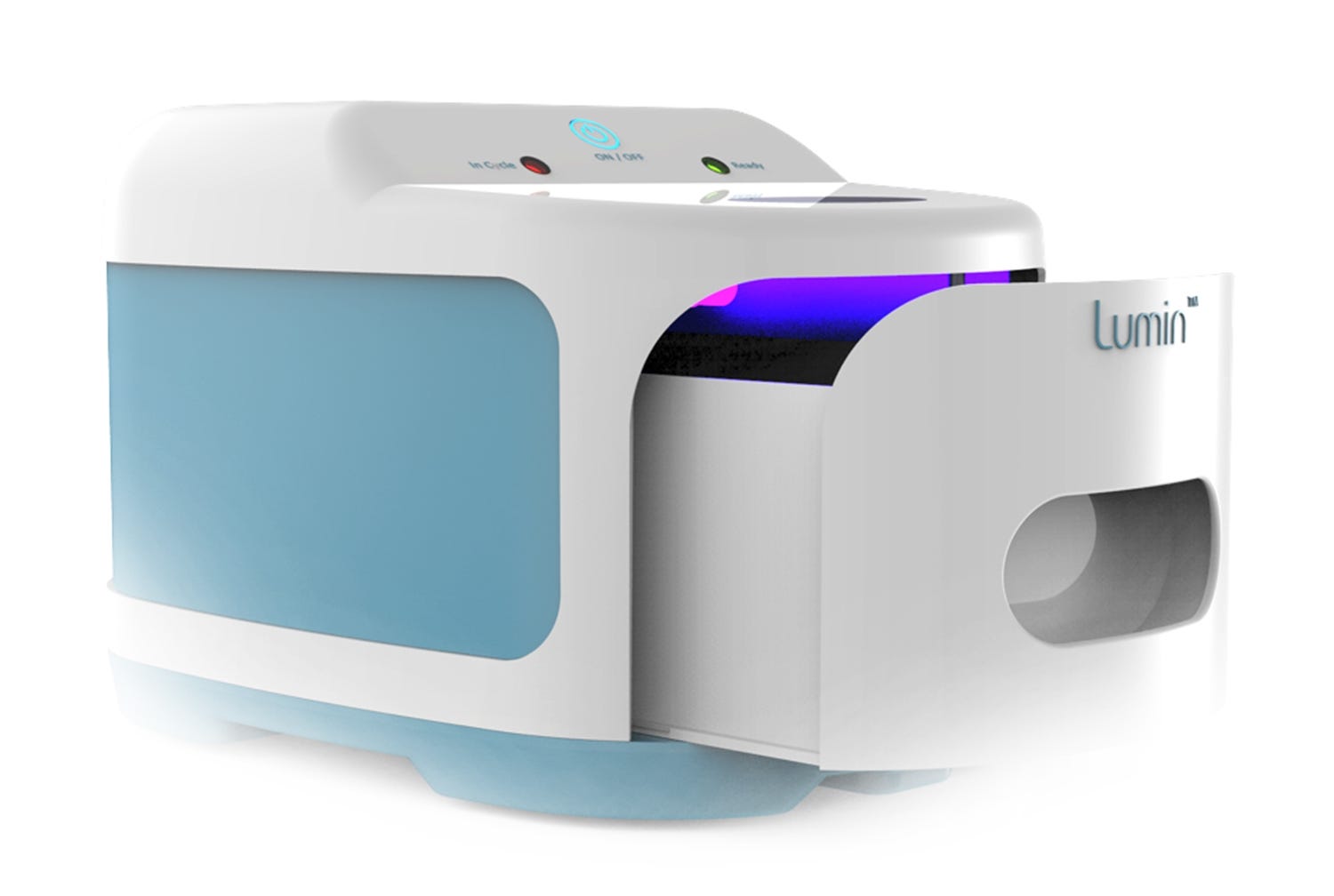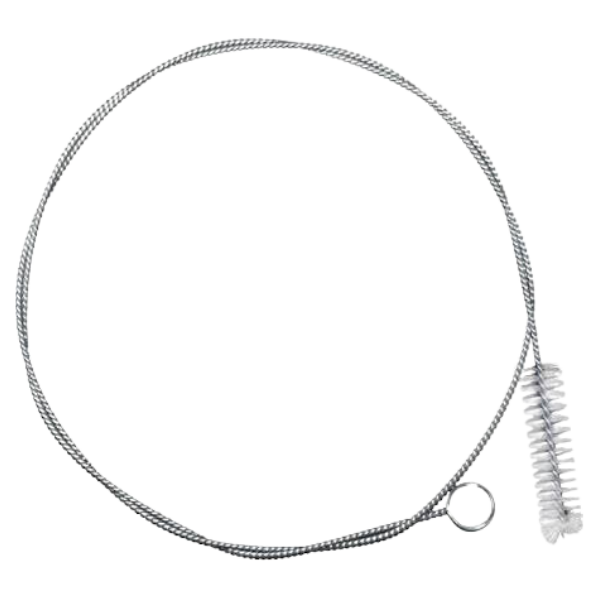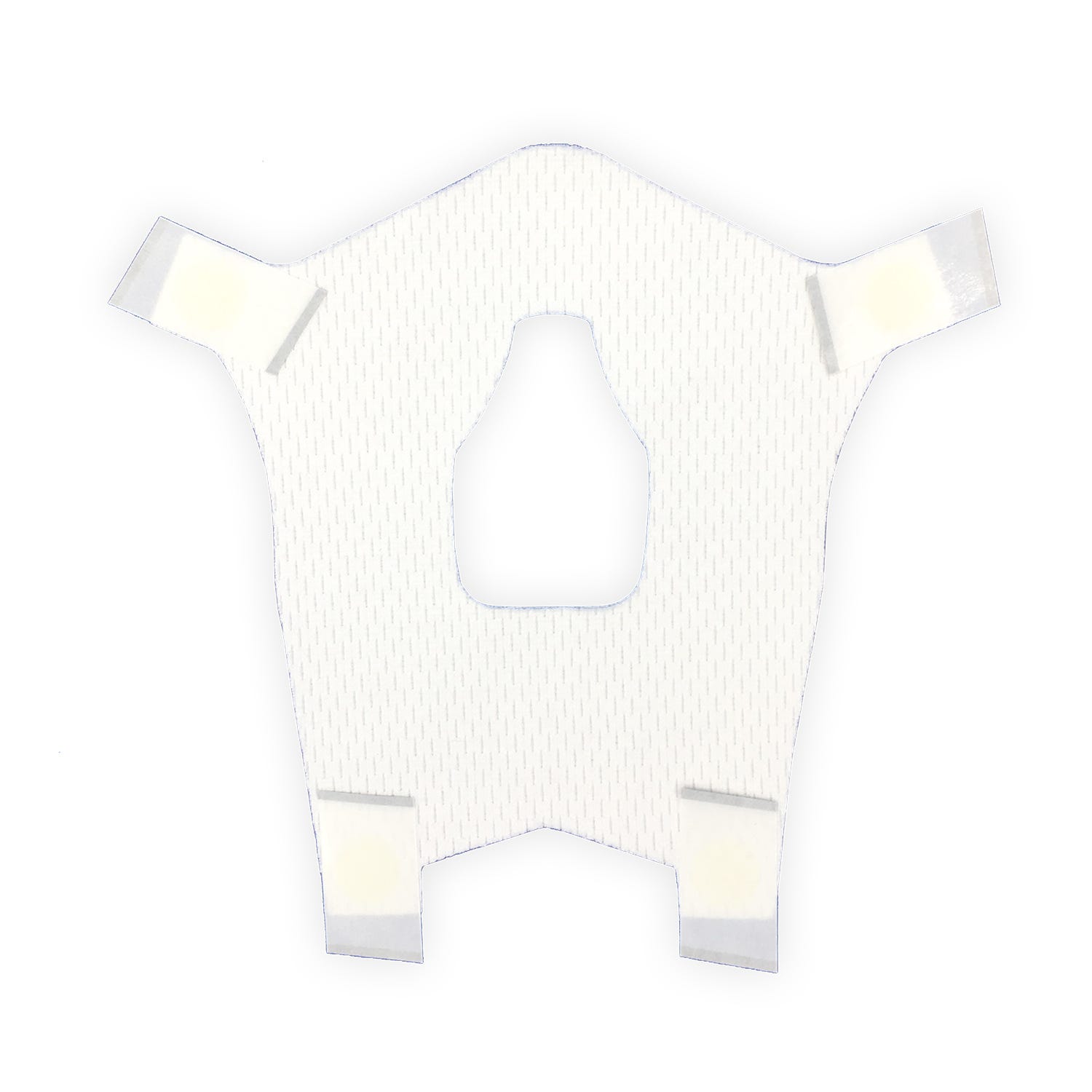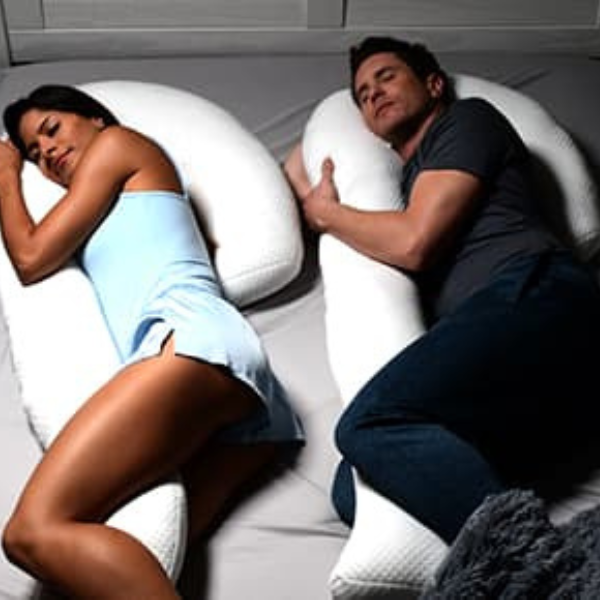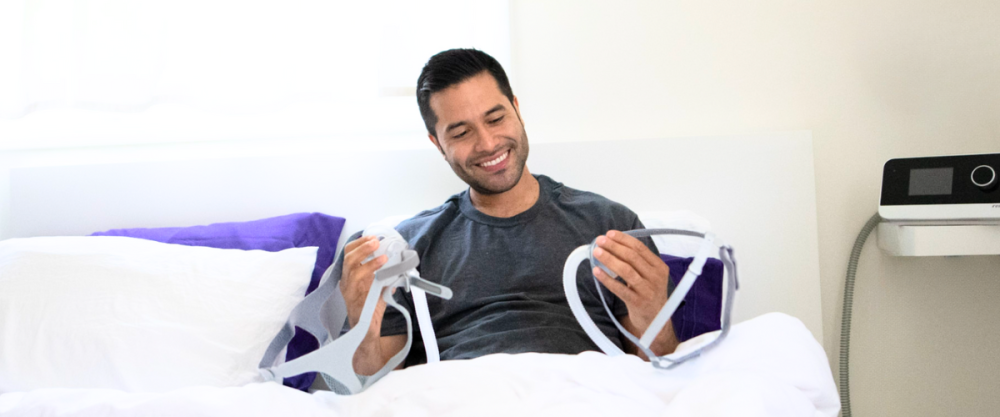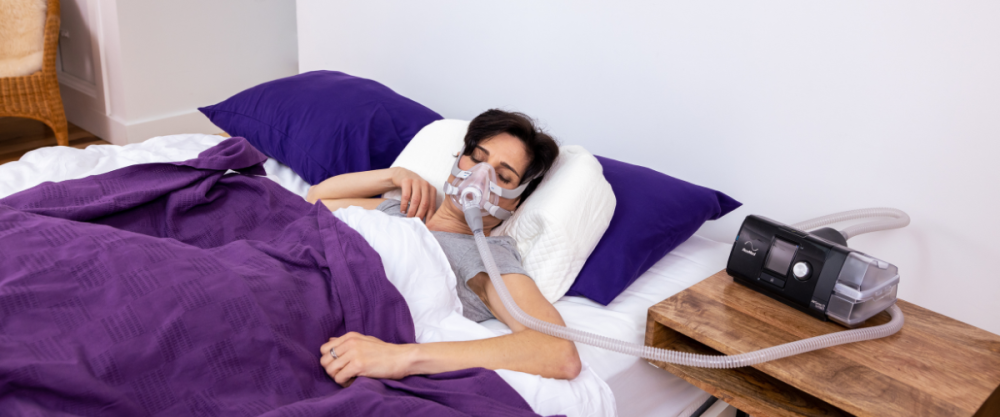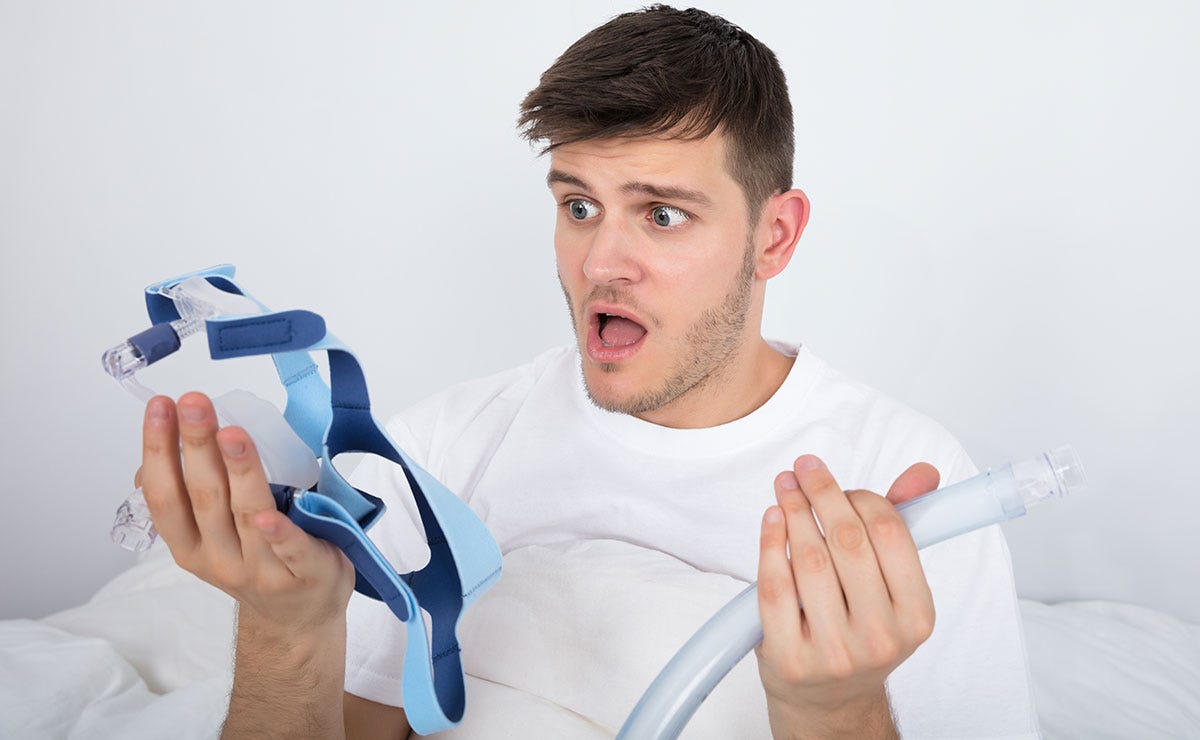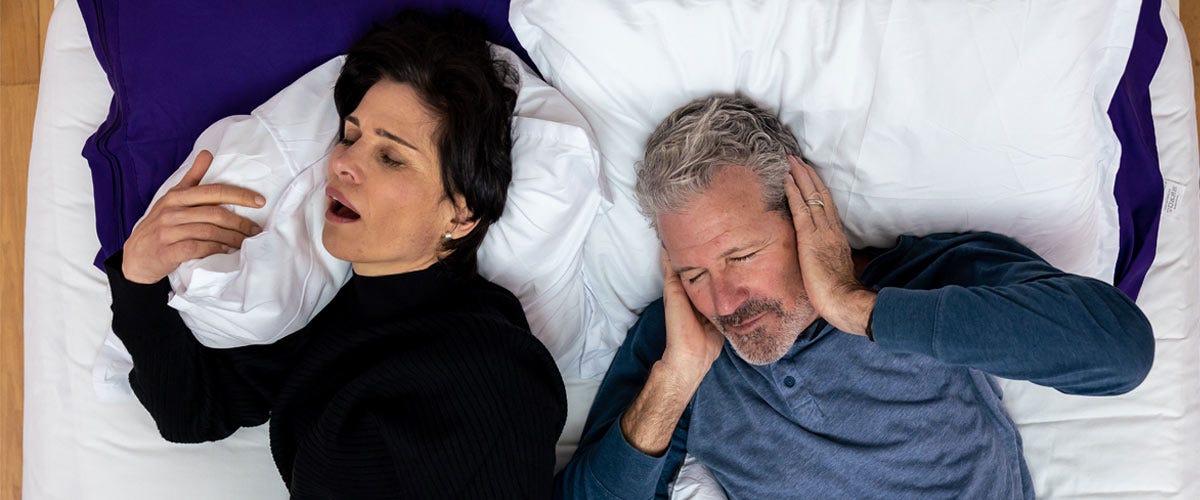CPAP and Dry Mouth: Causes and 5 Practical Solutions
- May 7, 2025
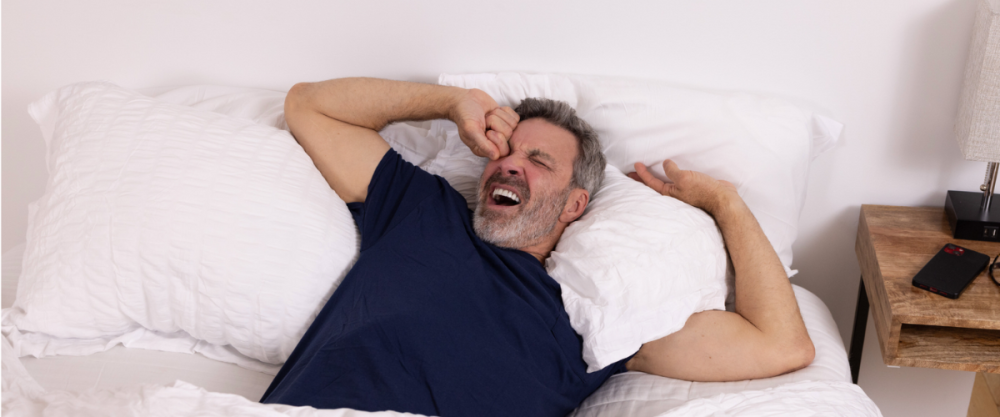
CPAP and Dry Mouth: Causes and 5 Practical Solutions
Continuous Positive Airway Pressure (CPAP) therapy is the most effective treatment for sleep apnea, but it can occasionally lead to uncomfortable side effects—one of the most common being dry mouth. If you’re consistently waking up with a dry mouth or sore throat after using your CPAP machine, you’re not alone.
Fortunately, this issue is typically easy to resolve with the right adjustments. In this blog we’ll cover the most common causes of CPAP-related dry mouth and offer practical solutions to alleviate the problem so you can get a restful sleep each night.
Causes of Dry Mouth During CPAP Therapy
Dry mouth during CPAP use can result from a variety of factors. In some cases, the cause may be unrelated to your CPAP device, mask, or CPAP supplies. In others, specific settings or equipment choices may contribute directly to the issue.
1. Mask Type and Fit
-
An improperly sized mask, especially one that is too large, can allow air leaks that direct airflow toward the mouth.
-
Air leaks reduce the effectiveness of your treatment, which often means less humidified air is entering your nose and mouth, further increasing dryness. Additionally, masks that fail to seal the way that they should can cause your CPAP machine’s pressurized air to leak through the mouth or nose, negatively affecting your saliva production by drying out the oral cavity.
-
Even small mask leaks can have a noticeable effect on comfort and therapy outcomes by drying out the oral cavity.
-
Just as a mask that’s too large can have adverse treatment effects, over-tightening the mask can distort the seal or push airflow into unnatural directions, sometimes toward the mouth or eyes.
-
Nasal or nasal pillow masks used by mouth breathers can result in air escaping through the mouth, drying out oral tissues.
Headgear that has lost elasticity can allow the mask to shift or loosen during sleep, especially for active sleepers and stomach sleepers, increasing leaks that dry out the mouth.
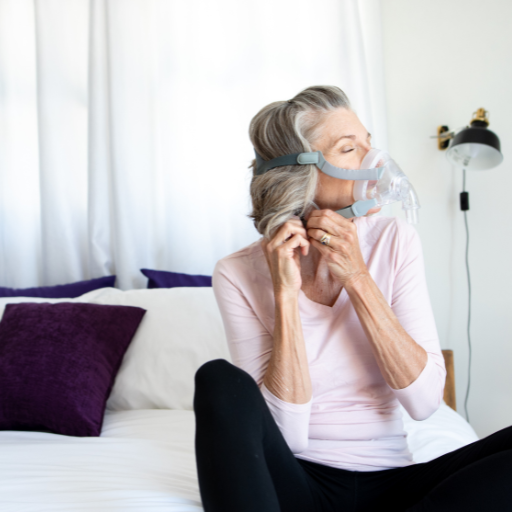

2. High CPAP Pressure Settings
-
High pressure settings may dry out the airways, especially if not balanced with proper humidification from either the CPAP machine, sleep environment, or both.
-
Excess pressure can cause users to open their mouths during sleep, especially if they’re not using a full face mask.
Overall inaccurate CPAP settings, whether too high or too low, can also be a cause for drying out your mouth during treatment.
3. Lack of or Inadequate Humidification
-
Using a CPAP machine without a humidifier can dry the airways and mouth.
-
A low humidity setting or dry ambient air (common in winter or desert climates) can worsen the effect.
-
Heated humidifiers not working properly or water chambers not being refilled adequately may reduce effectiveness.
Your humidification settings may need to be readjusted as most CPAP machines today have customizable settings that can drastically affect the amount of humidification you receive with your treatment.
4. Heated Tubing Not Used
When using a humidifier without heated tubing, condensation may form (known as "rainout"), which can reduce airflow temperature and humidity reaching the mask—leading to dryness.
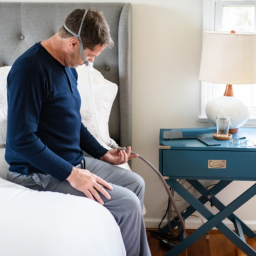

5. Sleeping Environment
-
Sleeping in a room with low ambient humidity or excessive air circulation (e.g., fans, air conditioning) can contribute to dryness.
-
Allergens or dust in the room may cause nasal congestion, prompting mouth breathing during sleep.
6. Sleeping Position
-
Certain positions, such as sleeping on the back, can make it easier for the mouth to fall open during sleep, especially without the assistance of a chin strap or proper mask type/fit.
-
Breathing through the mouth—whether due to nasal congestion, anatomical issues, or habit—can lead to significant oral dryness, particularly if using a nasal mask or nasal pillows.
-
When you breathe through your mouth, you’re not getting the same stimulation to your salivary glands that you would when sleeping with your mouth closed. This leads to decreased saliva production which has additional negative effects for nasal mask users since the pressurized air can leak through the mouth.
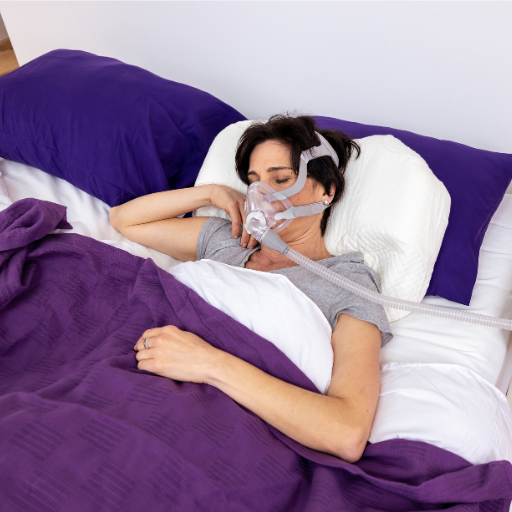

7. Nasal Congestion or Obstruction
-
Congestion due to allergies, colds, sinus infections, or a deviated septum can force mouth breathing even when using a nasal mask.
-
CPAP users with frequent nasal congestion may struggle to maintain a nasal breathing pattern, leading to dry mouth.
8. Improper Positioning of Mask or Machine Components
-
Mask vent position or design: Some masks vent air in a direction that flows back toward the mouth or face, increasing evaporation around the lips and oral cavity.
-
Improper CPAP hose positioning: If the hose tugs or pulls while you move during sleep, it may break the seal of your mask subtly, causing small leaks near the mouth.
9. Infrequent Mask or Machine Cleaning
-
Dirty masks or tubing can harbor allergens or irritants that contribute to nasal inflammation and mouth breathing.
-
A humidifier chamber with mineral buildup or mold may not function properly and can reduce humidity output. If you believe your machine may have mineral build-up from non-distilled water, you’ll need to clean your supplies thoroughly and, ideally, replace the water chamber before continuing use with distilled water. Using non-distilled water can also cause dry mouth due to mineral build-up that can impact your machine humidifier’s ability to moisten the pressurized air.
-
Unclean and contaminated CPAP masks, tubing, humidifiers, and even accessories associated with your treatment can trap germs, dust, and other debris, which can irritate the nasal passages and contribute to dry mouth.
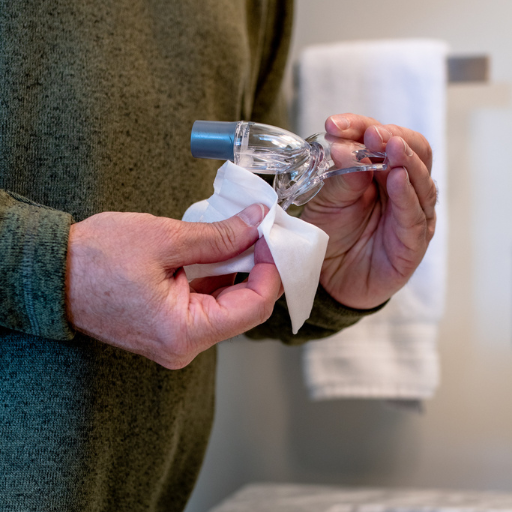

10. Residual Effects of CPAP Machine Settings
-
Some machines may not be optimally set up, such as having ramp time disabled, causing users to get full pressure immediately, which can increase air swallowing, leading to dryness.
-
In auto-adjusting CPAP machines (APAP), rapid pressure increases during the night may promote air leakage or mouth opening. It’s important to troubleshoot your machine settings as soon as you notice side effects like dry mouth with your healthcare provider to ensure there isn’t a deeper issue with your CPAP device.
5 Ways to Reduce or Eliminate CPAP Dry Mouth
If CPAP-related dry mouth is disrupting your therapy, the following suggestions may help improve comfort and serve as solutions to alleviate this side effect...
1. Check for Air Leaks in Your CPAP Mask
Refitting the mask while in your usual sleeping position can help ensure a proper seal. Facial contours change when lying down, potentially altering the mask fit. Ensure your mask fits properly and is free of wear and tear. Over time, cushions can lose their seal and headgear may stretch.
If leakage persists:
-
Inspect the mask for worn components (cushions/pillows, headgear, chin straps)
-
Replace old or damaged CPAP parts based on a clinician-recommend resupply schedule
-
Consider trying a different mask model or size.
Our Find Your Mask feature can help you find the perfect mask to meet your needs!
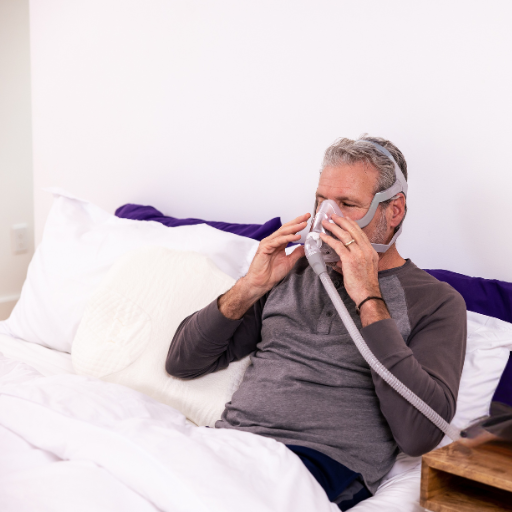

2. Switch to a Full Face Mask
Users who breathe through their mouth during sleep may benefit from switching to a full face mask. This type of mask covers both the nose and mouth, ensuring consistent pressure delivery regardless of breathing route. It can reduce both dry mouth symptoms and therapy air loss.
If you already use a full face CPAP mask, consider switching mask types, brands, or adding comfort products to ensure a proper seal.
3. Use a Heated Humidifier
CPAP humidifiers add moisture to the airflow, which can prevent dryness in the nose, throat, and mouth. Heated humidifiers are especially effective in reducing irritation and congestion that may contribute to mouth breathing.
Research indicates that users who incorporate a humidifier are significantly more likely to remain consistent with their CPAP therapy. A heated humidifier can help alleviate dry mouth by moisturizing the airflow, reducing nasal dryness and throat irritation.
When purchasing a humidifier chamber for your CPAP machine, ensure it is compatible with the machine you use; humidifier chambers may not be interchangeable between machines.
4. Try a CPAP Chin Strap
A chin strap can support the lower jaw during sleep, helping to keep the mouth closed and promoting nasal breathing. This simple accessory is often effective for habitual mouth breathers and can enhance both comfort and treatment compliance.
A chin strap helps keep the mouth closed during sleep and promotes nasal breathing, reducing the chances of waking up with a dry mouth.
5. Clean your CPAP supplies frequently
Frequent cleaning of CPAP equipment helps reduce dry mouth by removing bacteria, mold, and debris that can irritate airways and lead to mouth breathing. It ensures the humidifier works efficiently to deliver proper moisture, helps maintain a secure mask seal to prevent air leaks around the mouth, and keeps the tubing clear for consistent airflow and humidity
Bonus Recommendations to Troubleshoot CPAP Dry Mouth
Use a Mask Liner
Reusable or disposable mask liners reduce skin irritation and may improve seal, decreasing leaks that dry out the mouth.
Use a CPAP Pillow
Specialty pillows accommodate mask frames and hoses, helping reduce positional leaks or mouth opening caused by poor neck posture.
Use a CPAP Hose Holder or Hose Lift
This accessory prevents the hose from dragging the mask out of position and causing leaks that dry out your mouth.
Practice “Tongue Position” Training
Train your tongue to rest against the roof of your mouth (myofunctional therapy techniques), which supports mouth closure and nasal breathing during sleep.
Add a Room Humidifier
If your room has especially dry air, a standalone room humidifier can complement your CPAP machine’s built-in humidifier.
Apply a Mouth Moisturizing Gel
Water-based oral gels can provide overnight moisture without interfering with CPAP masks.
Switch to a Different Mask Cushion Material
Some users find silicone irritating and switch to memory foam or gel cushions that offer a better seal and increased comfort.
Optimize Ramp Time Settings
Enabling or lengthening the ramp period may help you fall asleep more comfortably, reduce early mouth breathing, and minimize early-night dryness.
Use Saline Nasal Spray Before Bed
Keeping the nasal passages clear and moist can reduce reliance on mouth breathing and increase humidification efficiency.
Experiment with Different CPAP Brands or Models
Some users find that certain machines deliver air more comfortably, or that humidification is more effective with one manufacturer over another.
What this means for your sleep
While dry mouth can be a frustrating side effect of CPAP therapy, it is typically manageable with the right adjustments. Addressing issues such as mask fit, humidification, breathing and lifestyle habits, can significantly improve your comfort. If symptoms persist despite these modifications, consult with your sleep specialist or healthcare provider for additional guidance. Personalized support can help you get the most benefit from your therapy—without unnecessary discomfort.
Dry mouth doesn't have to interfere with your CPAP therapy. With the right products and practice you can eliminate discomfort and stay on track with your sleep apnea treatment, giving you overall better sleep and well-rested days!
